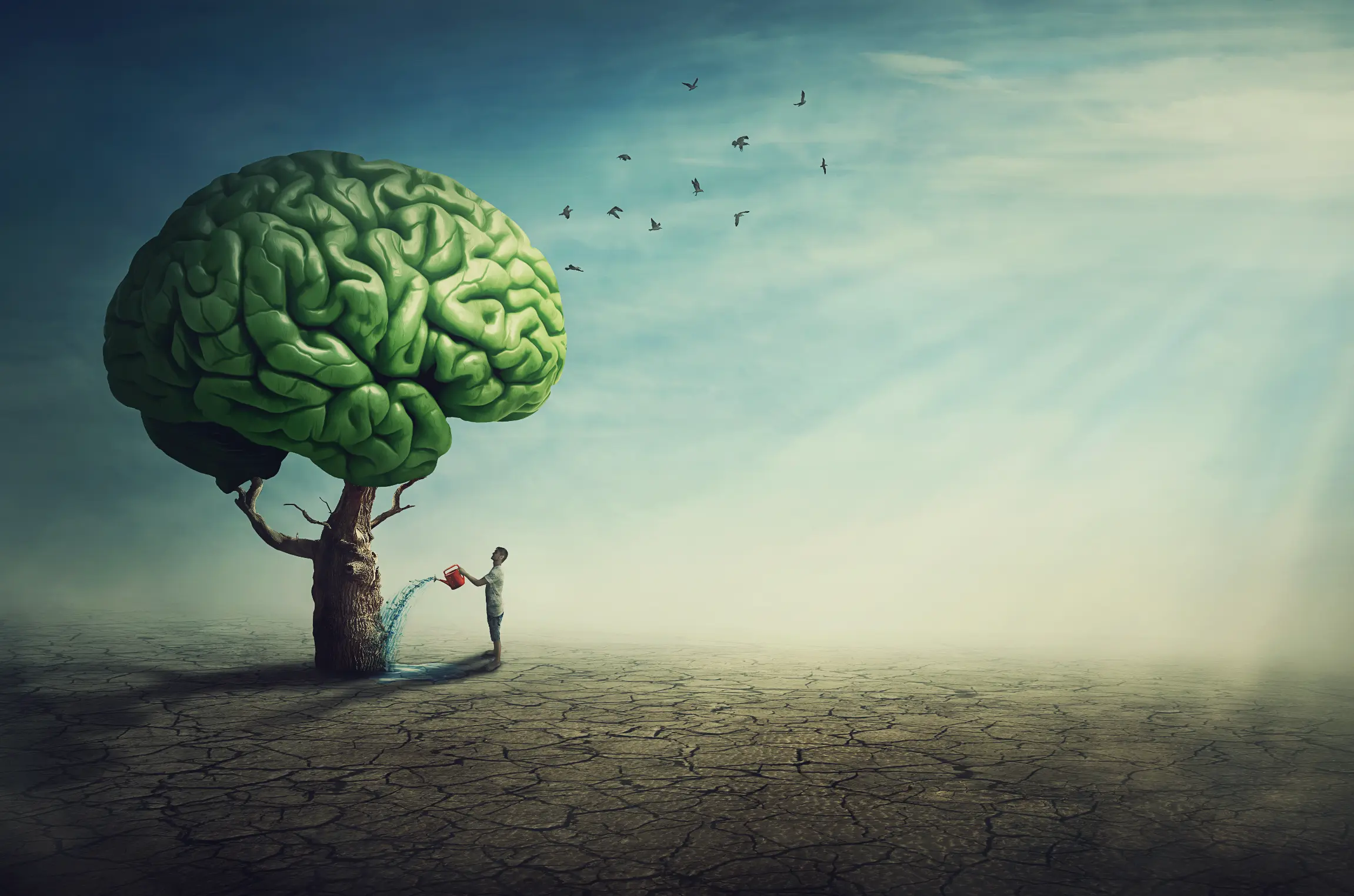Why is calcium good for the skeleton?
Calcium is one of the most important minerals for building and maintaining a strong and healthy skeleton. But why is this mineral so crucial, and how can you ensure you're getting enough?

Introduction
Your skeleton is the stable foundation of your body, and calcium is one of the most important building blocks to keep it strong and resilient.
Approximately 99% of the body's calcium is stored in the skeleton and teeth, making it crucial for maintaining both structure and function.
Lack of calcium can lead to weakened bones over time, which makes it extra important to understand how calcium works and how you can add it to your diet.
What is calcium and how does it affect the skeleton?
Calcium is a mineral that the body needs for several important functions, including:
- Build and maintain bones and teeth.
- Support the function of muscles.
- Regulate nerve signaling.
The skeleton serves as the body's calcium reserve. If you don't get enough calcium through the diet, the body starts taking from the skeleton to maintain other important functions. This, over time, can lead to weakened bones.
The benefits of calcium for the skeleton
1. Builds stronger bones
During childhood and adolescence, calcium is essential for building up bone mass.
After about 30 years of age, the body reaches its maximum bone mass, and it then becomes more important to maintain it through an adequate calcium intake.
2. Prevents osteoporosis
With age, bone mass begins to decrease naturally, especially in women after menopause.
An adequate intake of calcium can help reduce the risk of osteoporosis and bone fractures.
3. Interacts with Vitamin D
Vitamin D is necessary for the body to be able to absorb calcium efficiently.
Together, these nutrients help build and maintain strong bones.
Foods rich in calcium
The best way to get calcium is through diet. Here are some of the best sources:
- Dairy products: Milk, cheese and yogurt are excellent sources of calcium.
- Green leafy vegetables: Spinach, kale and broccoli naturally contain calcium.
- Fortified foods: Cereals and plant-based milk alternatives such as almond or soy milk are often fortified with calcium.
- Fish: Sardines and salmon with bones are rich in calcium.
Practical tips to strengthen the skeleton
1. Eat a Balanced Diet
Include calcium-rich foods in your daily diet and combine them with vitamin D sources such as oily fish or sunlight.
2. Exercise Regularly
Weight-bearing exercises such as running, walking and strength training helps to strengthen the skeleton.
3. Avoid Excessive Intake of Caffeine and Salt
High intake of caffeine and salt can reduce calcium absorption in the body.
Frequently Asked Questions About Calcium and the Skeleton
How much calcium do I need daily?
The recommended daily intake of calcium varies according to age and gender:
- Adults: Approximately 800—1000 mg per day.
- Teens and older: Up to 1200 mg per day.
Can I get too much calcium?
An excessive intake of calcium can lead to side effects such as kidney stones. It is therefore important to stay within recommended levels.
Summary
Calcium is an essential mineral that plays a crucial role in maintaining the strength and structure of the skeleton.
The article highlights how calcium contributes to bone mineralization, its interaction with vitamin D for optimal absorption, and the importance of a balanced intake to prevent bone loss and maintain long-term bone health.











